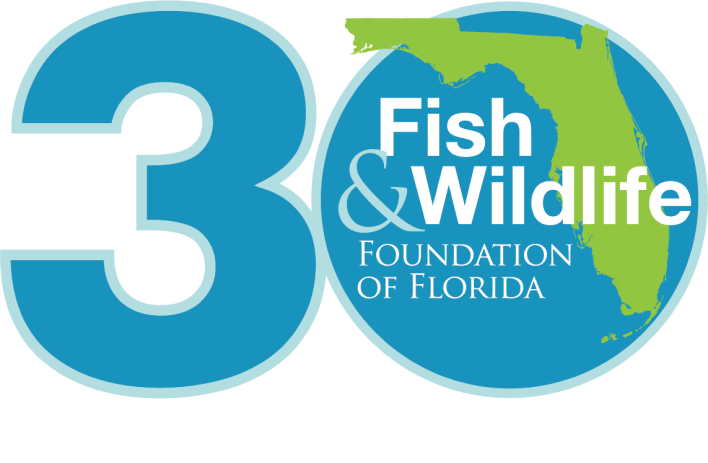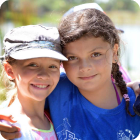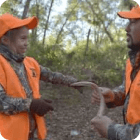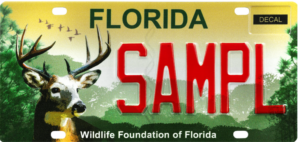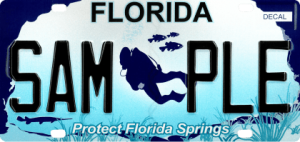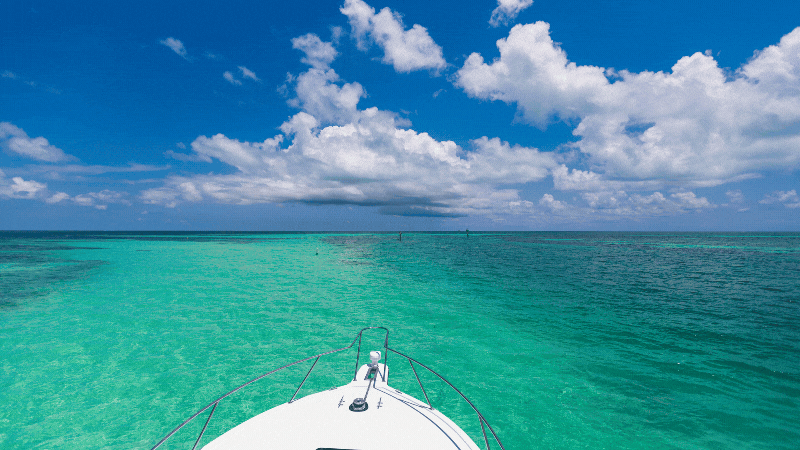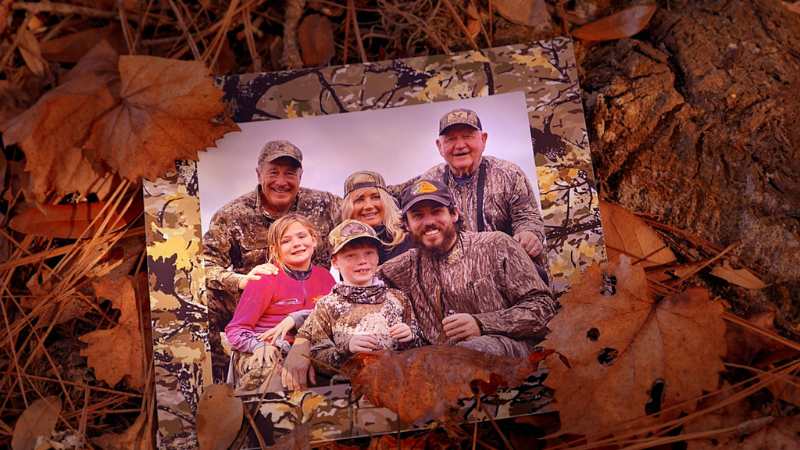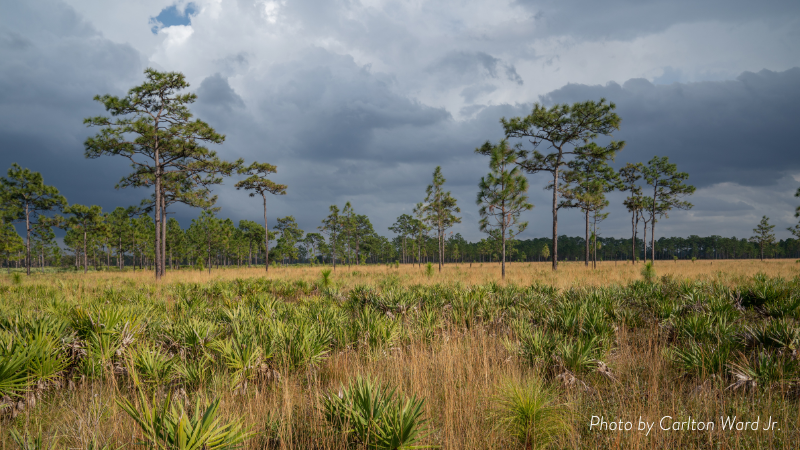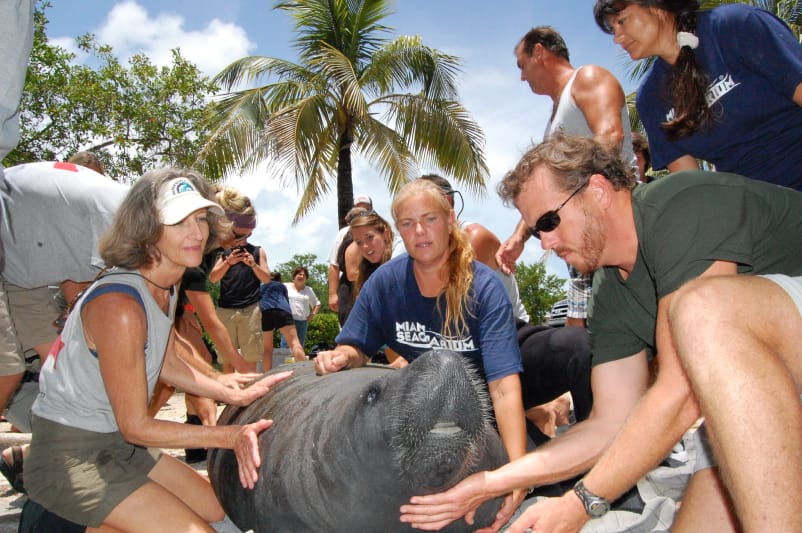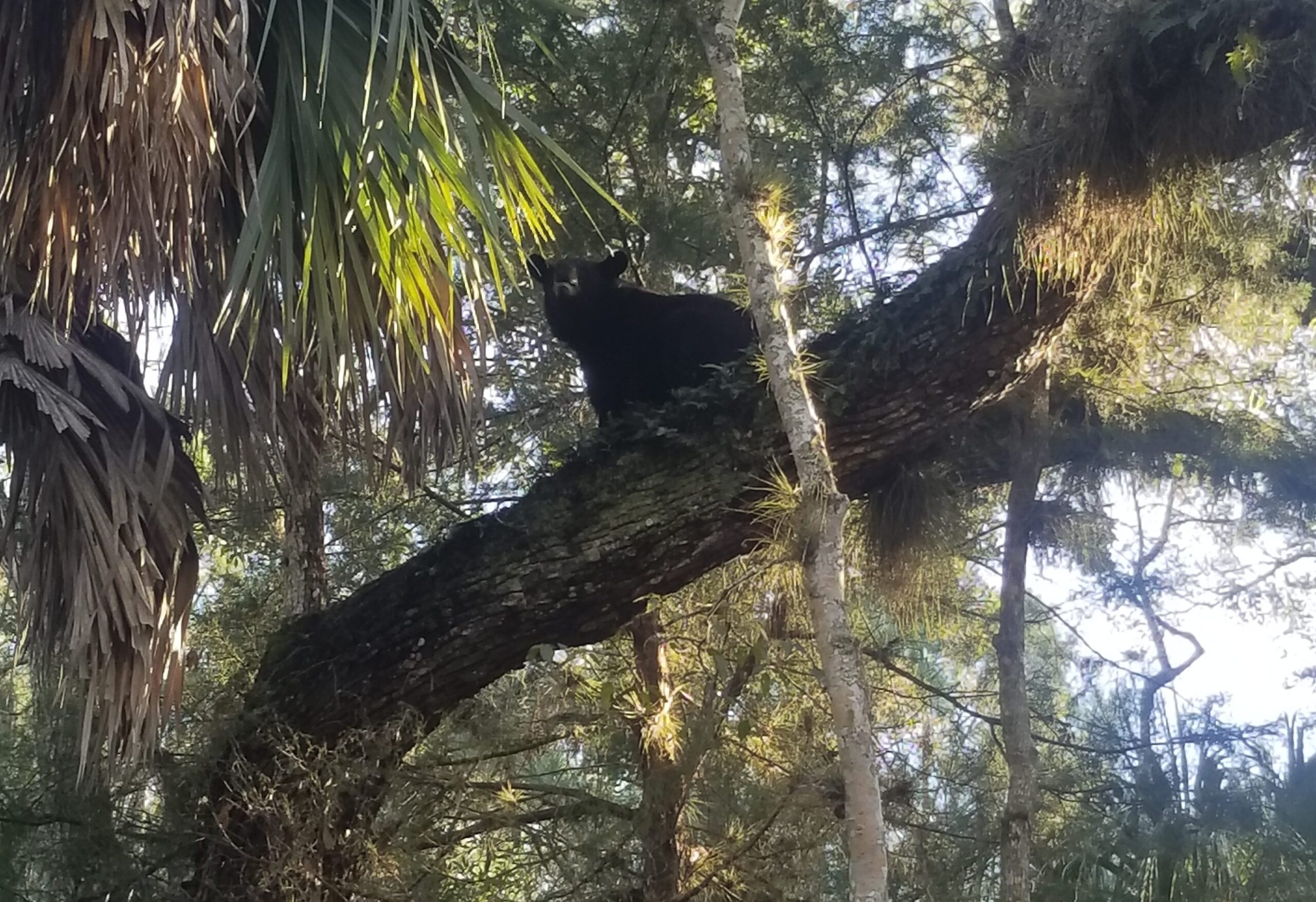
By: Nicole Forsgren
Information provided by FWC’s Mike Orlando, Bear Management Program Assistant Coordinator
Each year, Florida black bear cubs are born in early February. About six months later, most cubs reach approximately 30 pounds, signifying they are doing well. If a bear cub does not reach this weight, it might have suffered some sort of trauma or have been part of a large litter. When a cub in this condition is found without an adult female present, Florida Fish and Wildlife Conservation Commission (FWC) biologists will step in to trap the orphaned cub. Once the cub is caught, it is taken to Ellie Schiller Homosassa Springs Wildlife State Park for rehabilitation. When the bears are brought into the park for rehabilitation, they receive a veterinary checkup and are placed into quarantine cages for protection.
In December 2018, I was fortunate enough to witness the release of six ten-month-old orphaned bear cubs. Five of the cubs came into rehabilitation within a short window of time, while the sixth cub was rescued much later in the year. Since the first five cubs were held longer, they were able to be quarantined together, allowing familiar company. The sixth cub was held in a neighboring enclosure, but not allowed access to the other cubs because they may not accept it. When it came time to catch the cubs for release back into the wild, we faced some challenges because the cubs had numerous items to hide behind in their enclosures. The challenge was a great tactic to teach the bears that humans are not friends. However, the process became more simple with each cub caught, as the team fell into a rhythm. Although the release was extraordinary and unlike any other experience in my life, it became clear that the bear cubs need a dedicated rehabilitation facility with more room to exercise. This way, extraction and release will be a simple process and be as low stress on everyone as possible.
While the current facility has helped in the rehabilitation process, the Foundation is working with the FWC and Florida Department of Environmental Protection to offer a better rehabilitation experience. The new facility will have an area devoted to the rehabilitation of the bear cubs and offer an open yard for the cubs to get exercise and practice natural foraging behaviors. The FWC is hoping to complete the facility in the spring of 2020. Do you want to help build the new facility? Click here to donate.
